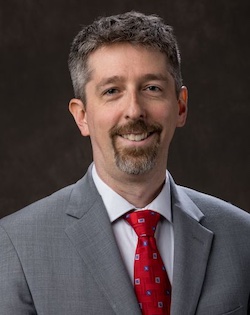Psychological Sciences Faculty and Staff

- Professor; Co-Founder of Center for Applied Science in Health & Aging
- matthew.shake@wku.edu
- KTH 1022
My primary research focus is currently on our NIH-funded clinical trial (taking place from 2018 to 2021) investigating the benefits of exercise for older adult cognition, health, and well-being. This three-year grant is a collaboration with colleagues in Exercise Science and Computer Science, in which we gather pre- and post-intervention data on multiple aspects of cognitive and physical health in older adults participating in a 12-week program of our in-house developed app called Bingocize®. We are currently collecting this data at senior centers throughout Kentucky and Tennessee. The project targets traditionally underserved older adult populations at independent living senior centers and communities. Our participants have higher than national average rates of chronic diseases and average incomes well below median levels. Targeting this population for clinical intervention research is important because maintaining functional independence as long as possible is a primary goal of most older adults. However, despite the fact that physical exercise is important for cognitive (and physical) performance, most older adults do not engage in sufficient exercise. The barriers to engaging in health-promoting behaviors are largely psychological (e.g., perceptions that it will be unenjoyable, painful, boring, etc.). Our research study takes a multidimensional, interdisciplinary approach to tackling these barriers.
My other line of research investigates the effects of cognitive aging on language processing and reading. In that laboratory-based experimental research, we investigate how external factors (e.g., text structure, reading environment, etc.) and internal factors (e.g., reader goals, attentional capacity, etc.) affect older and younger adults’ ability to process and retain information that they read. We use eye-tracking technology and other cutting-edge approaches to answer our research questions.
You can read more about my work by visiting the Adult Learning Lab site, and if you are a current or prospective student interested in getting involved in this research, feel free to contact me via e-mail!

